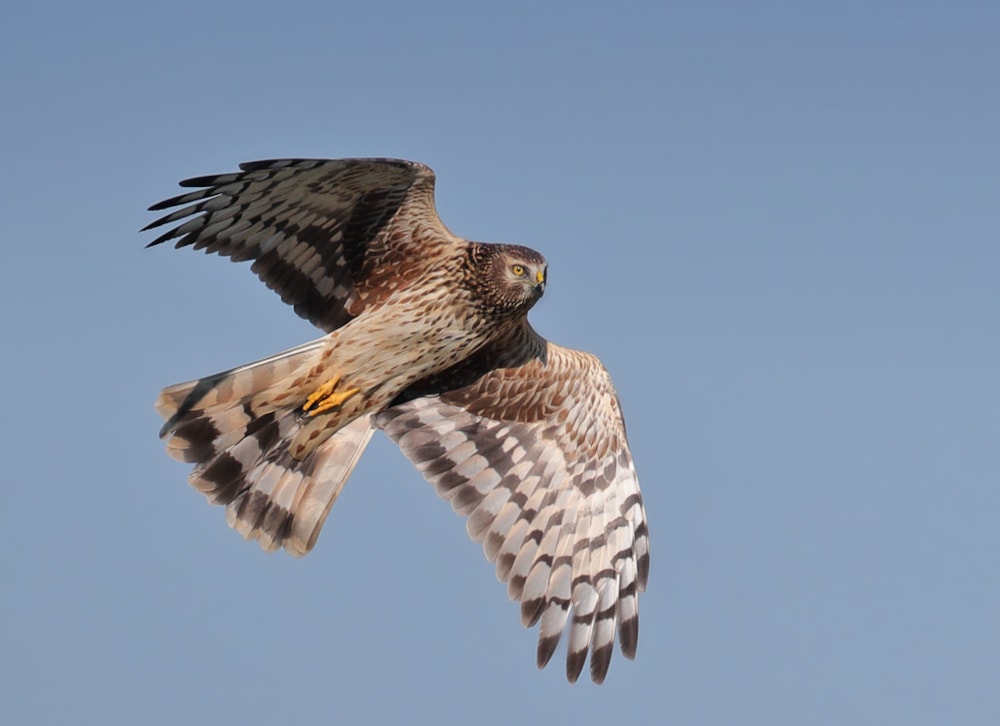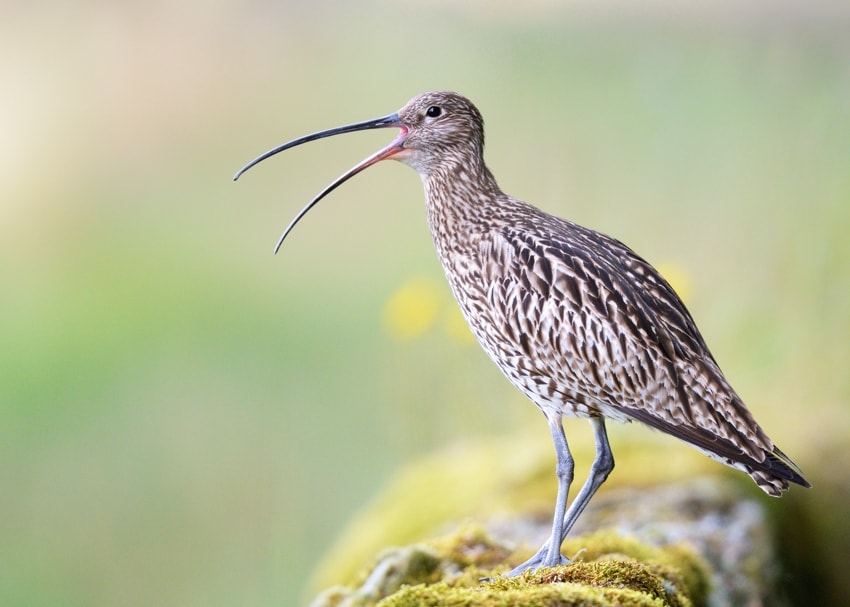An ambitious project to safeguard Orkney's wildlife has been given the green light after receiving support from the National Lottery and the EU’s LIFE programme. The Orkney Native Wildlife Project (ONWP) is set to be the biggest of its kind in the world, with the aim to safeguard the internationally important native wildlife found on the archipelago from a significant threat it faces: Stoat, an invasive, non-native predator.
A grant of £3.5 million has been awarded through the Heritage Lottery Fund, with the ambitious five-year project also receiving an extra £2.6 million from LIFE. The removal of Stoats will involve the recruitment of a team of specially skilled trappers, as well as training the UK’s first team of Stoat detection dogs. The project will also raise awareness of Orkney’s wildlife and the threats non-native species pose, working alongside local communities, schools, tourism groups, farmers and land managers.
Stoats were first reported on Orkney in 2010 and as the archipelago previously had no ground predators their presence threatens a host of species, including the Orkney Vole (which is found nowhere else in the world) and several ground-nesting birds, such as Hen Harrier, Short-eared Owl, Red-throated Diver and a range of waders and seabirds. The islands are home to more than a fifth of the UK’s breeding Hen Harriers and host nationally important numbers of nesting Eurasian Curlews.
ONWP is a partnership between RSPB Scotland, Scottish Natural Heritage (SNH) and Orkney Islands Council. Lucy Casot, head of the Heritage Lottery Fund in Scotland, commented: “This is an extremely important project for the Orkney Islands. Wildlife tourism plays a vital part in the economy of this remote area. With the help of funds raised through the National Lottery, the fragile ecological balance can be restored for the benefit of the rare wildlife that lives there and for the islands as a whole.”
The project will engage the local community with wildlife through several strategies. These include citizen science schemes, Stoat detection, protecting Stoat-free islands from invasion and ensuring measures are in place to prevent re-invasions in the future. These means of including the islanders in the project were chosen and developed through consultations that took place with stakeholders and local communities during a nine-month development phase that was also funded by the Heritage Lottery Fund.
Councillor Graham Sinclair, Chair of Orkney Islands Council’s Development and Infrastructure Committee, said: “Orkney’s environment and the wildlife it supports make our islands a very special place to live and visit, something our community greatly values. This important project will benefit our local economy as well as our environment, by creating the equivalent of more than 20 full-time jobs. I commend the efforts Scottish Natural Heritage and RSPB Scotland have made in taking forward this initiative – and the significant support provided by the Heritage Lottery Fund and the EU.”
Anne McCall, Director of RSPB Scotland, added: “This project is vital to safeguard the amazing wildlife in Orkney and we’d like to thank HLF and LIFE for their support which is allowing it to proceed. The scale of the project is unprecedented; over the next five years we’ll be working with our project partners and Orcadians to ensure that the birds and mammals found in these islands have a secure future and are able to thrive in the long term without the threat of invasive species.”


No comments:
Post a Comment